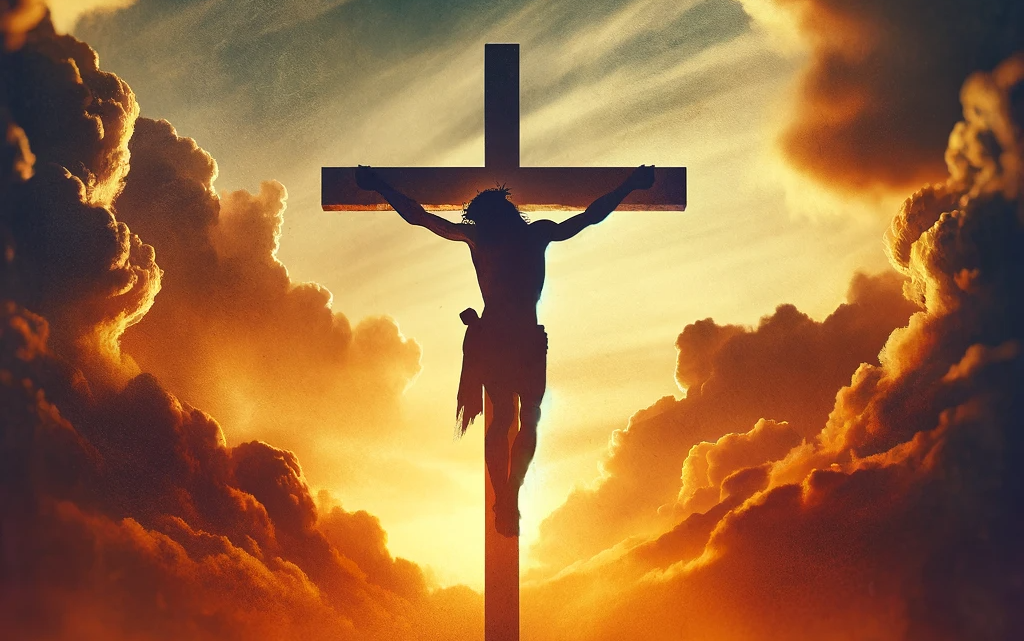The Necessity of Repentance in the Shadow of the Cross


Introduction
The crucifixion of Yeshua (Jesus) stands as a cornerstone of Christian faith, symbolizing the ultimate atonement for mankind’s sins. This monumental event raises a pivotal question: In the wake of such a sacrificial act, is personal repentance still necessary?
Understanding Atonement and Forgiveness
Christian theology often interprets Yeshua’s crucifixion as the ultimate sacrifice for sin, fulfilling the need for atonement. This act of divine love and mercy, however, does not negate the need for personal repentance. Rather, it invites believers into a deeper, more meaningful relationship with God, where repentance plays a crucial role.
New Testament Teachings on Repentance Post-Crucifixion
The New Testament continues to emphasize repentance even after Yeshua’s death. Verses like Acts 2:38 and 1 John 1:9 underscore the ongoing need for believers to turn away from sin and seek forgiveness. This continual call to repentance demonstrates that, while Yeshua’s sacrifice covers all sin, the act of repentance remains a vital aspect of the Christian walk.
The Hebrew Roots Perspective
From a Hebrew Roots standpoint, Yeshua’s sacrifice is seen within the broader context of the Torah and Biblical prophecy. This movement emphasizes a return to the original Jewish context of Yeshua’s teachings, where the Law and the Prophets align with His life and sacrifice. In this light, repentance is not just about turning from sin, but also about returning to the truths of Scripture as a whole.
Historical and Cultural Context of Early Believers
In the first-century Jewish context, repentance was more than a ritualistic act; it was a heartfelt return to God. Early Jewish Christians, understanding Yeshua’s role in relation to the Law, would have viewed His death as fulfilling the Law, not abolishing it. Thus, repentance was seen as a way to live out the truths that Yeshua embodied and taught.
Practical Implications for Believers Today
For modern believers, repentance is an ongoing journey, not a one-time event. It involves a continuous turning away from sin and moving towards God. This process is crucial for spiritual growth and maintaining a dynamic relationship with God, where Yeshua’s sacrificial love serves as the foundation and motivation for a life of repentance.
Diverse Christian Perspectives
Within Christianity, views on post-crucifixion repentance vary. Some denominations emphasize the ‘once saved, always saved’ doctrine, while others stress the need for ongoing repentance. This diversity reflects the complexity and depth of understanding Yeshua’s sacrifice and its implications for personal faith.
Personal Reflection and Application
On a personal note, reflecting on Yeshua’s sacrifice has deepened my understanding of repentance. It’s not about living in guilt, but about embracing God’s grace anew each day. It’s a journey of transformation that continually shapes and molds one’s character in the image of Yeshua.
Conclusion
In conclusion, Yeshua’s crucifixion, rather than rendering repentance obsolete, magnifies its importance. It’s a call to live a life transformed by His sacrifice, constantly turning towards God’s love and truth. This understanding of repentance is not just theological; it’s deeply practical and transformative, impacting how we live out our faith each day.

